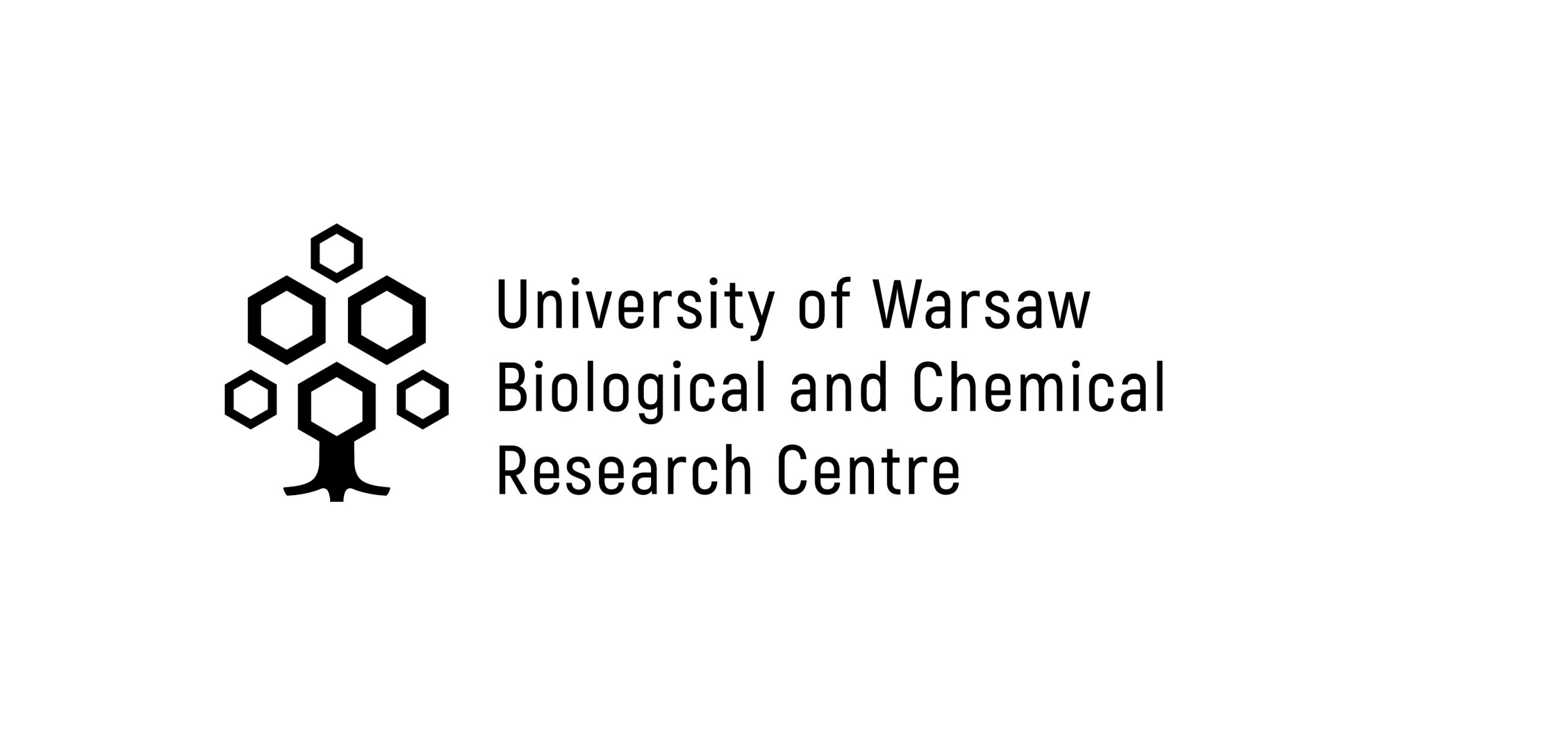Laboratory for Biologically Active Compounds
Description of the Group
Scientific interest of the Laboratory of Biologically Active Compounds is focused on solving problems of structure-activity relationship (SAR) in biologically active compounds. Apart from designing, synthesis and determination of structure and properties of new particles, which are typical chemical problems, the Laboratory’s work includes also pharmacological research, both in vitro and in vivo. Such studies demand close cooperation between chemists and pharmacologists.
Professor Aleksandra Misicka-Kęsik team’s scientific research:
Scientific research of professor Aleksandra Misicka-Kęsik’s team concentrates on designing and synthesizing peptide analogues and peptidomimetics, characterized by antiangiogenic activity through blocking the VEGF165/VEGFR2/NRP-1 complex.
Professor Rafał Siciński team’s scientific research:
Longterm studies on vitamin D group of compounds enabled scientists to determine, that calcitriol (vitamin-hormone), apart from regulating calcium and phosphate concentrations in the blood, also controls the division and differentiation of cells and participates in the immunological processes. Such a diverse range of actions stimulated scientists to start research with the aim of finding structurally modified analogues of calcitriol, characterized by selective activity.
The Laboratory of Biologically Active Compounds is equipped with: LCMS 8058 double quadrupole mass spectrometer coupled with UPLC, GC-MS-QP2010 Ultra EI single quadrupole mass spectrometer coupled with gas chromatograph, LCMS-IT-TOF mass spectrometer, MALDI-TOF Axima Performance mass spectrometer, Activo-P11 automated peptide synthesizer by Activotec.
Research Activities
The Laboratory of Biologically Active Compounds is equipped with: LCMS 8058 double quadrupole mass spectrometer coupled with UPLC, GC-MS-QP2010 Ultra EI single quadrupole mass spectrometer coupled with gas chromatograph, LCMS-IT-TOF mass spectrometer, MALDI-TOF Axima Performance mass spectrometer, Activo-P11 automated peptide synthesizer by Activotec.
The Laboratory of Biologically Active Compounds cooperates closely with the Laboratory of Peptides at the Faculty of Chemistry of the University of Warsaw and with the Laboratory of Structural and Physicochemical Research at the Centre for Preclinical Research and Technology (CePT) of the Warsaw Medical University. Research equipment used in the the Laboratory of Biologically Active Compounds allows for cooperation and services in the following fields:
- High and low resolution mass spectra for small and big natural and synthetic particles.
- Identification of main and side components in reaction mass by use of mass spectrometer coupled with high performance liquid chromatography (HPLC-MS). This method is used in the pharmaceutical and cosmetic industries to determine contaminants in medicines and cosmetics.
- According to customer wishes, this Laboratory can perform validation of analytical methods by use of HPLC or HPLC-MS. We also offer support in optimization of measurement conditions by use of HPLC or HPLC-MS.
- Analyses of active compound degradation under the influence of human blood serum or by use of highly specialized digestive enzymes. Such procedures provide scientists with preliminary information about the stability of active substances in the serum.
- Performance of quantitative analyses of many chemical substances by use of HPLC-MS/MS i.a. in MRM (Multiple Reaction Monitoring) mode, which allows quantitative measurements at the trace level.
- Performance of quantitative measurements of volatile organic substances in synthetic, biological, cosmetic and industrial samples by use of GC-MS.
- Performance of qualitative measurements for detection of pharmaceuticals, metabolites and other organic substances in biological, chemical, cosmetic and industrial samples with the use of HPLC-MS/MS in MRM mode, SIM and GC-MS.
- Performance of qualitative and quantitative analysis of cosmetic products, including trace analyses, by use of HPLC-MS/MS and GC-MS.
- Performance of qualitative and quantitative measurements of contaminants, including pesticides, in food, soil and water by use of HPLC-MS/MS and GC-MS.
- Synthesis of peptides (linear and cyclic); obtained products are available with analytical documentation, proving purity of the product.
- As the first laboratory in Poland, the Laboratory of Biologically Active Compounds offers identification of proteins, peptides and e.g. active substances directly in a tissue, in a so-called imagining process. Thanks to this method, it is possible to obtain not only mass spectra of particular areas in a tissue, but also an image of a tissue with distribution of particular chemical compounds in the form of a signal intensity map for the studied area.
Persons interested in research and scientific cooperation should contact team leader professor Aleksandra Misicka-Kęsik, e-mail:misicka@chem.uw.edu.pl or vice-leader Beata Wileńska Ph.D. eng e-mail:bwilenska@chem.uw.edu.pl, phone 504 200 992.
Team Leader
Professor Misicka-Kęsik has published over 100 original research articles in the field of peptides. She is also a coauthor of patents and a laureate of many awards in the field of innovation. She has completed many research internships, in the United States, Belgium, Japan and France, among others.
